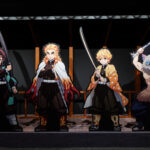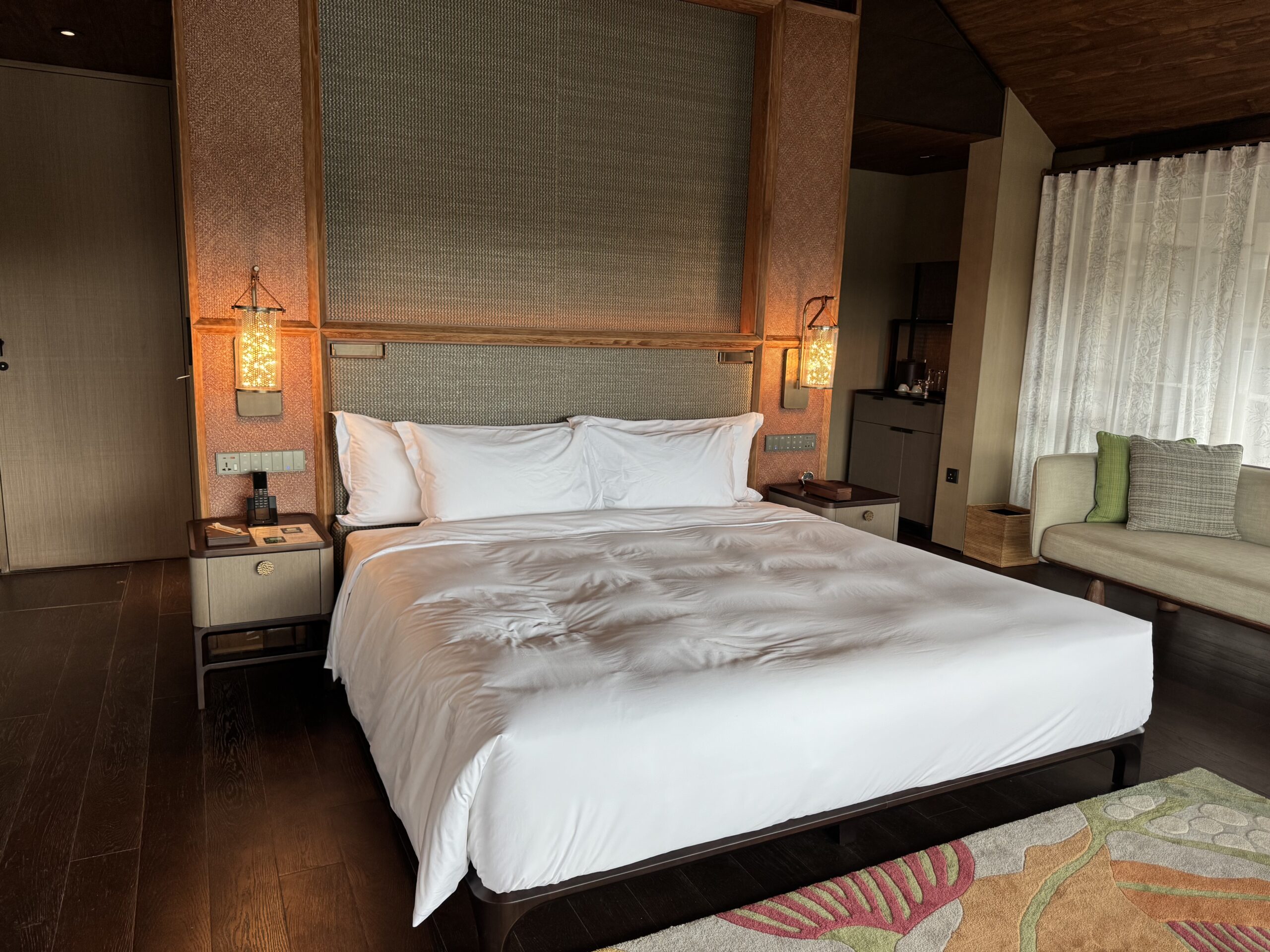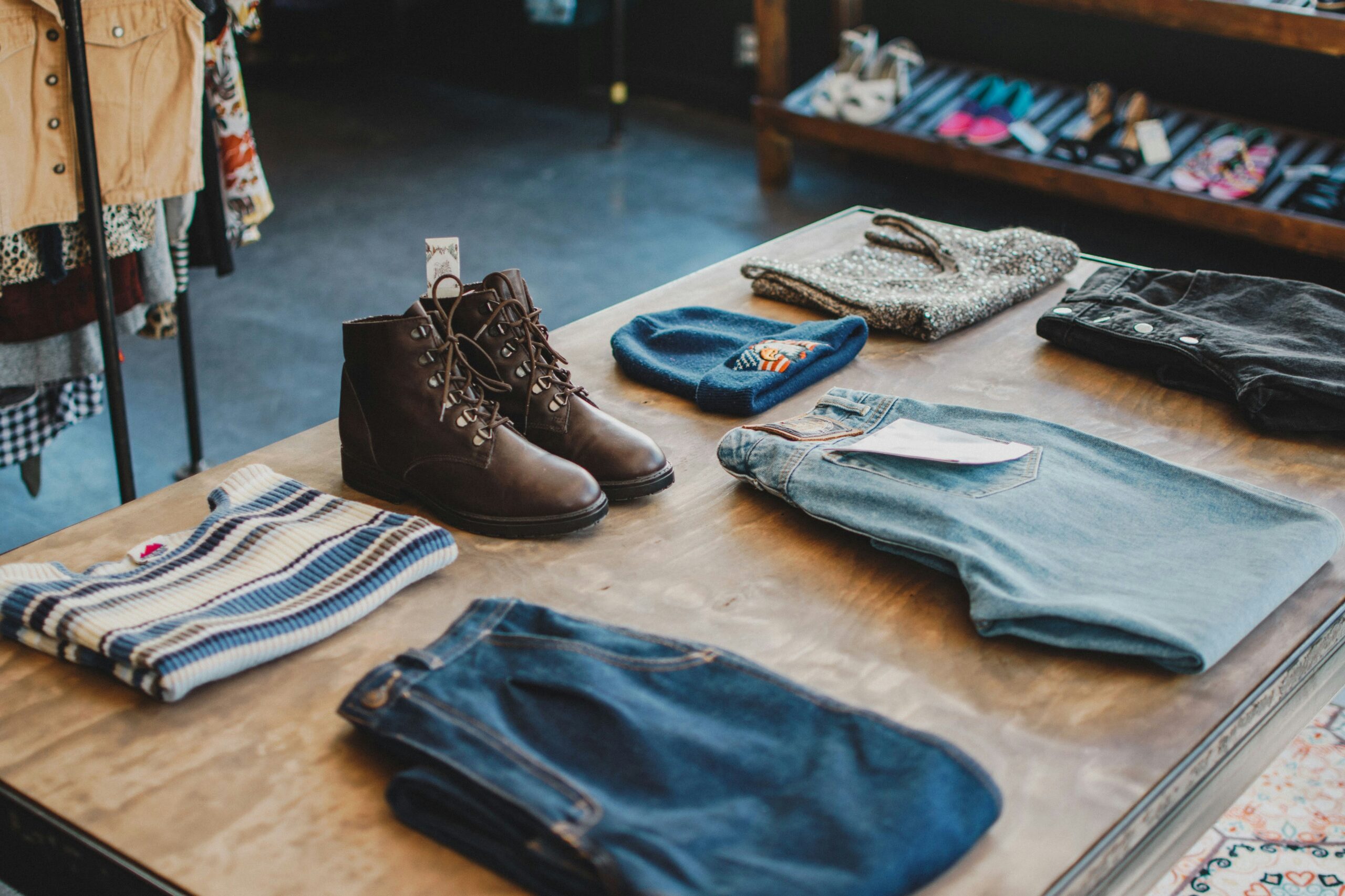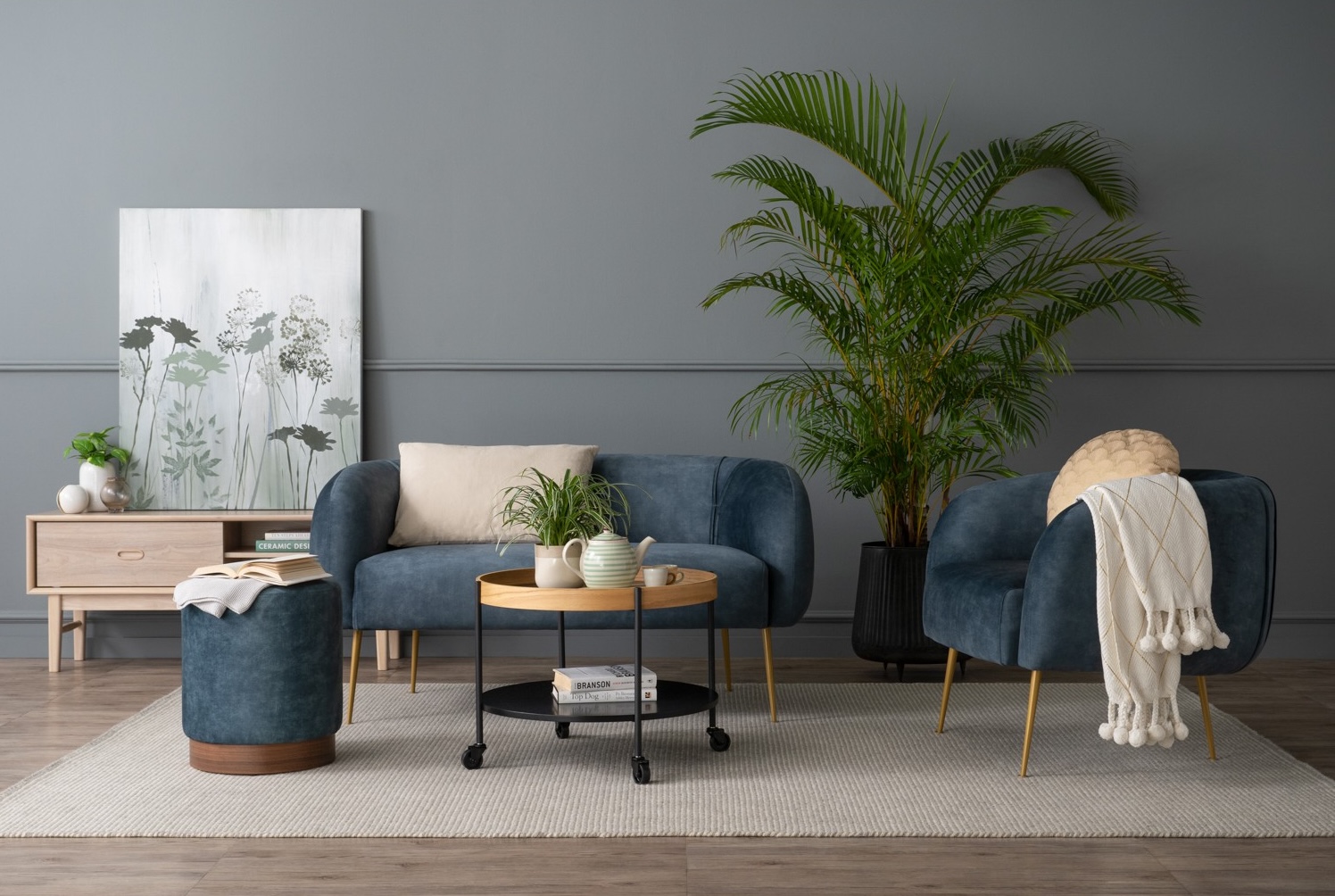I haven’t been posting up much lately because I was busy working on a project and picking up new skills. I love to learn and enjoy learning all sorts of things. Attending workshops and courses are part and parcel of my life. This time I decided to use the remaining of my Skillsfuture credits on a fashion sewing course. I just thought that it would be a great opportunity to learn how to sew clothes so that I would be able to upcycle old clothes or make fashion pieces out of old cloth. Sustainable fashion is what I am pursuing right now. There are a lot of green and sustainable products out on the market but there aren’t many sustainable fashion brands which are made widely available to the masses. It would be pretty awesome if I could set-up on my sustainable fashion brand some day. If you have the same vision as I do, do leave a comment or drop me an email to discuss further!
To learn how to make my own clothes, I signed up for a Fashion Sewing 201 – Boxy Top (Series of 3) with FashionMakersSpace. The classes were conducted at SING MUI HENG @ TAN BOON LIAT BUILDING. Their main workspace is actually at their own office in Chinatown. There are 3 sessions in this course with each session lasting 3 hours. The cost price is $168 but there’s a $5 discount if you are willing to share their website on your Facebook page. In total, I paid $163.
The classes were conducted by Shareen who is a very patient and amiable lady. I had no experience in using the sewing machine before but the instructors there were kind enough to teach us the basics. For the first session, we were only told to bring 2 pieces of cloth (each measuring 1.5 metres long) as well as 4 to 5 large buttons. On the website, it says that sewing kits and other supplies would be provided. But what we did not know is that some of the materials were not provided if the class was conducted at Sing Mui Heng, a fabric supplier store at Tan Boon Liat Building. Thus, we had to purchase our own tracing paper and sewing thread at Sing Mui Heng. The cost is small but I really wish that they would have told us to prepare the materials in advance. If the classes were conducted at their own office space, then you wouldn’t have to worry about bringing your own tracing paper or thread.
My first class didn’t turn out to be an enjoyable one because upon reaching there, we realised that there were students doing Cheong Sam and Boxy Top workshops at the same time within the same working area. And there was only one instructor there coaching us. It seems like they got the timings and dates of the workshops all mixed up. So that session wasn’t as fruitful. I ended up only cutting fabrics during the first session. I used leftover cloth from home. But if you forget to bring your own cloth, you can purchase directly at Sing Mui Heng.
We were given these cardboard cut-outs to trace out the outlines on our tracing paper.
The tracing paper templates would be pinned to your fabric so that you could easily cut the fabric according to the template.
Before cutting the fabric, you will need to iron them out at a high heat setting to ensure that it is even.
We also attach an interfacing to certain parts of the fabric to stiffen the cloth as well as to strengthen it. It looks like a thin white linen cloth with an adhesive side. The adhesive side is to be in contact with the fabric and to attach the interfacing to the cloth, you simply need to iron the interfacing to melt the glue to that both pieces would be glued together. Use a medium heat setting because high heat setting can burn the interfacing!
At the end of the first session, I only manage to cut up all the pieces together and iron them out together with the interfacing. We did not do any sewing yet.
For the second session, we learn how to overlock stitches using the overlock sewing machine. It is basically a type of stitch sewed at the seams or edge of the cloth.
I had fun using the overlock sewing machine which was quite easy to use.
Overlocking stitches help prevent the edges of the cloth from getting frayed easily.
These two cut-outs would be used to make the inner lining of the shirt at the neck area.
Finally, we were taught how to use the sewing machine. I didn’t know that it can be somewhat quite complex! You first have to get a machine plastic spool bobbins and wound it up with thread. After that, you would need to attach the spool bobbin to bottom compartment of the sewing machine and then starting threading the thread from the spool to the needle. The threading is rather complicated! You definitely need some practice to get the hang of it.
By the third session, my boxy top was almost done but I had to leave about 45 minutes earlier so I asked if I could join another class to finish up my top. Shareen kindly agreed that I could complete my top at their office space at Chinatown.
Their office space at Chinatown was not any bigger but there were more sewing machines available and it definitely felt more like a fashion workspace with all the fashion pieces hanging on the rack.
I guess the most challenging step was to sew the buttons using the automatic buttonhole foot. With the tool, you would be able to create the stitches for the buttonhole. Once it is done, you will need to use a pair of scissors to create a slot in between the buttonhole.
The boxy top has its buttons sew on the right sleeve. It does look a little old as I would have preferred it to be worn exactly like a shirt. Nonetheless, it is really satisfying to be sewing your own clothes from scratch.
Check out my final product!
It’s pretty neat, right?
This fashion sewing class has definitely inspired me to sew my own clothes. Perhaps using scrape cloth or even old clothes! It’s definitely one of the most useful lifeskills to pick up.
Fashion Makerspace Pte Ltd
1OA Trengganu Street S058464
Call our studio: +65 6802 5482
Email: fashion.makerspace@gmail.com


























